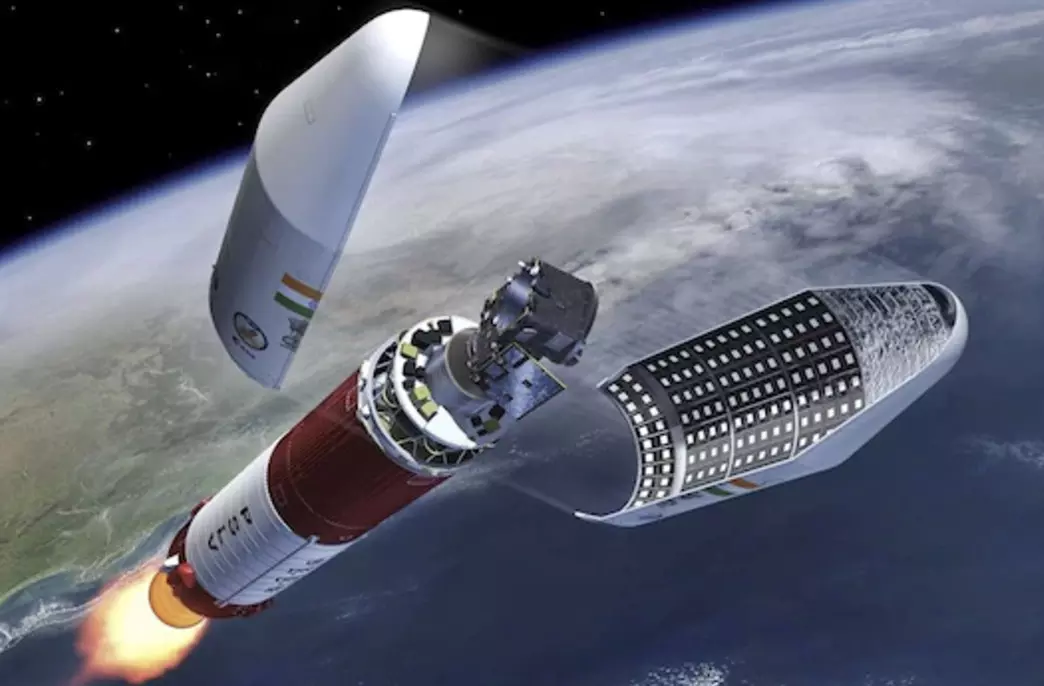PSLV-XL Proba-3 launch: Why Europe opted for ISRO over SpaceX
PSLV-XL Proba-3 launch: Why Europe opted for ISRO over SpaceX

On Wednesday, the PSLV-XL rocket will launch the Proba-3 mission, underscoring Europe's choice of ISRO's PSLV over SpaceX's Falcon 9. The PSLV, categorized as a medium-lift launch vehicle, competes with vehicles like ULA's Atlas V, Russia's Soyuz 2, and China's Long March 4.
Proven Reliability
ISRO's PSLV has built a reputation for reliability, with only two failures in 60 launches. This track record, coupled with India's active space diplomacy and evolving space policy, makes PSLV a favored choice. The European Space Agency (ESA) has been increasingly reliant on ISRO for launching missions, such as Proba-3, due to the unavailability of its own operational launch vehicle.
Historical Context and ESA's Current Challenge
Historically, ESA's Ariane rockets were known for their reliability, and India frequently used Ariane to launch its satellites. However, with Ariane 5 retired and Ariane 6 still under development, ESA lacks an active launch vehicle, leading them to seek alternative providers like ISRO.
Space Diplomacy and Partnerships
In 2021, ESA and ISRO agreed on future cooperation, which included support for ISRO's human spaceflight and lunar missions. ESA also provided ground station support and helped validate ISRO's orbital and flight dynamics software. This partnership underscores the strong Indo-European collaboration in space exploration.
Strategic Moves and Economic Considerations
India's establishment of NewSpace India Limited (NSIL) in 2019 has empowered it to secure substantial commercial launch contracts, further solidifying its position as a cost-effective space launch provider. The Proba-3 launch contract between NSIL and ESA exemplifies this strategic success.
While SpaceX offers competitive pricing, the cost-effectiveness of PSLV for smaller satellites, combined with ISRO's proven reliability, made it a more attractive option for ESA. PSLV's cost-per-launch, ranging from $18 million to $28 million, provides a reliable and economical solution for missions like Proba-3.
Open Market and Future Prospects
In the medium-lift launch vehicle market, competitors like ULA's Atlas V have retired, and new entrants like Vulcan Centaur are still in their certification phase. Russia's Soyuz 2 and SpaceX's Falcon 9, while cost-effective for larger payloads, are less economical for smaller satellites that cannot secure ride-sharing opportunities. China's Long March series faces geopolitical considerations that limit its international use.
ISRO's PSLV, with its competitive pricing and proven track record, emerges as a compelling choice for lighter payloads. As the global space industry evolves, India's strategic partnerships and robust domestic capabilities position it as a key player in future space exploration. With ISRO's reliability and NSIL's commercial acumen, India is well-equipped to meet the growing demand for dependable and affordable launch services.

